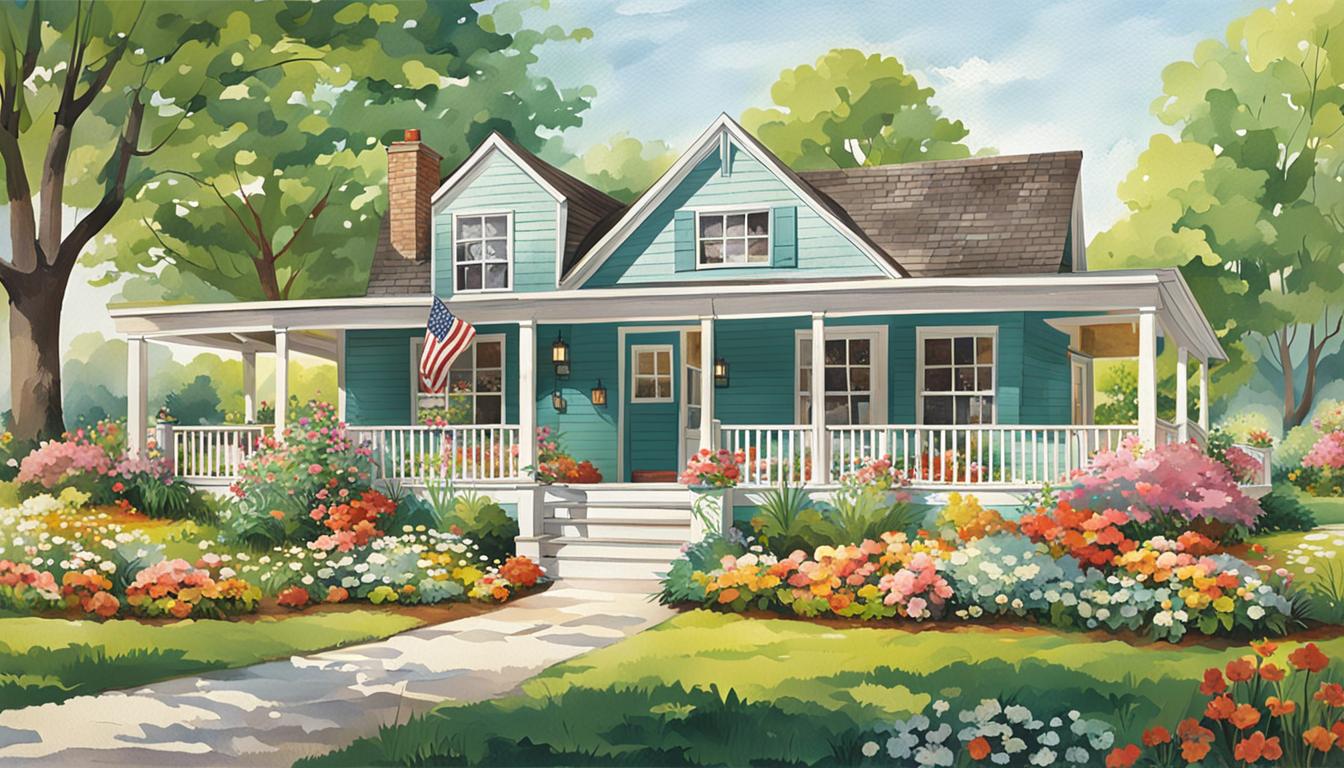As retirement draws near, many will want to consider; is time to downsize to a smaller home. After all the kids are gone, and it is expensive to keep your family-size home heated in the winter and cool in the summer. Here are some of the benefits and drawbacks of downsizing your home in retirement:
Benefits of Downsizing
- Financial Savings: Downsizing can lead to significant cost savings. A smaller home generally means lower mortgage payments, property taxes, insurance, and utility bills. With less space to maintain, you can save on maintenance and repair expenses.
- Cash Inflow: Selling a larger home and moving to a smaller property can provide you with a substantial windfall of money that you can use to boost your retirement savings or invest in income-generating opportunities. This influx of cash can improve your financial security in retirement.
- Simplified Lifestyle: Downsizing often entails decluttering and organizing your possessions, which can simplify your living environment. A smaller home requires less cleaning and maintenance, allowing you more time to focus on hobbies, travel, or spending quality time with loved ones.
Negative Consequences of Downsizing Your Home
- Emotional Attachment: Moving out of a home where you have created memories can be emotionally challenging. Downsizing may bring feelings of loss and nostalgia, impacting your mental well-being during this transition.
- Space Constraints: Downsizing to a smaller home means less space for belongings and living areas. This could feel restrictive, especially if you are used to a larger house or frequently host gatherings. Adjusting to a reduced living space may require significant lifestyle changes.
- Uncertainty: The real estate market can be unpredictable, and selling your current home to downsize may not always go as planned. Market fluctuations or unforeseen circumstances could affect the selling price or ability to find a suitable smaller property, leading to added stress and uncertainty. The answer is to start the conversation with your real estate agent early in the planning process. They will advise you on the current real estate market, set a timeline for you, and show you what downsizing options are available.
If you’re thinking about downsizing, ask yourself these questions:
- Do the original reasons I bought my current house still stand, or have my needs changed since then?
- Do I need and want the space I have right now, or could somewhere smaller be a better fit?
- What are my housing expenses right now, and how much do I want to try to save by downsizing?
In conclusion, downsizing your home in retirement offers various financial advantages, such as cost savings and potential cash infusion, while also promoting a simpler lifestyle. However, it is essential to consider the emotional and practical aspects of downsizing, including attachment to your current home, potential space constraints, and uncertainties in the real estate market. Consulting with a financial advisor can help you navigate this decision and determine if downsizing aligns with your retirement goals and lifestyle preferences.


